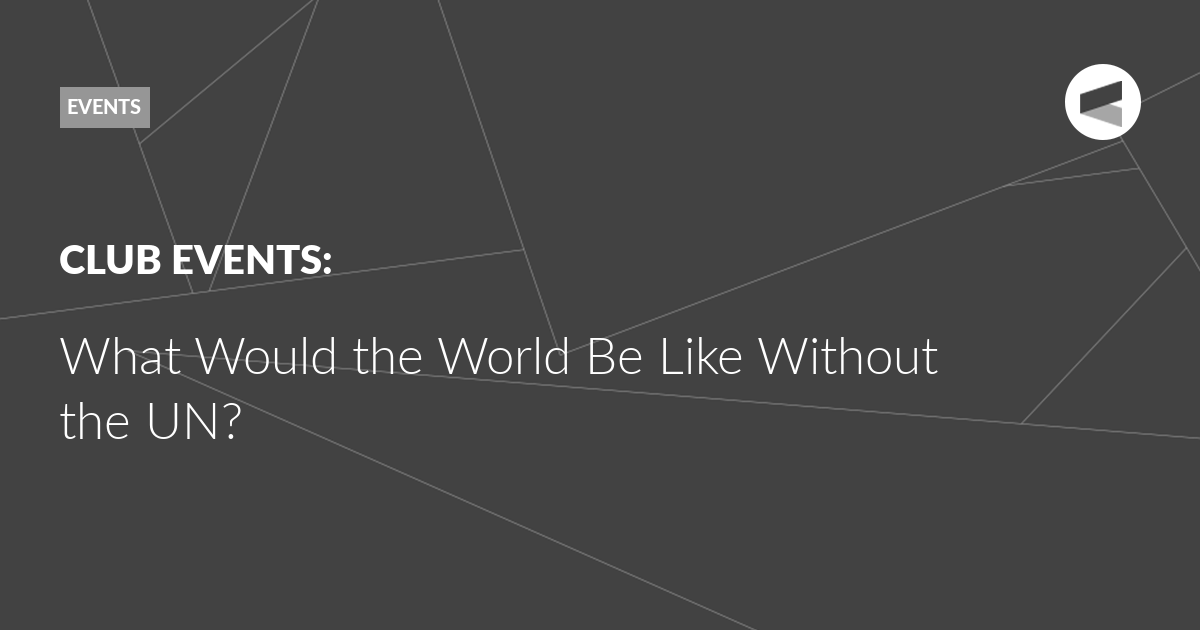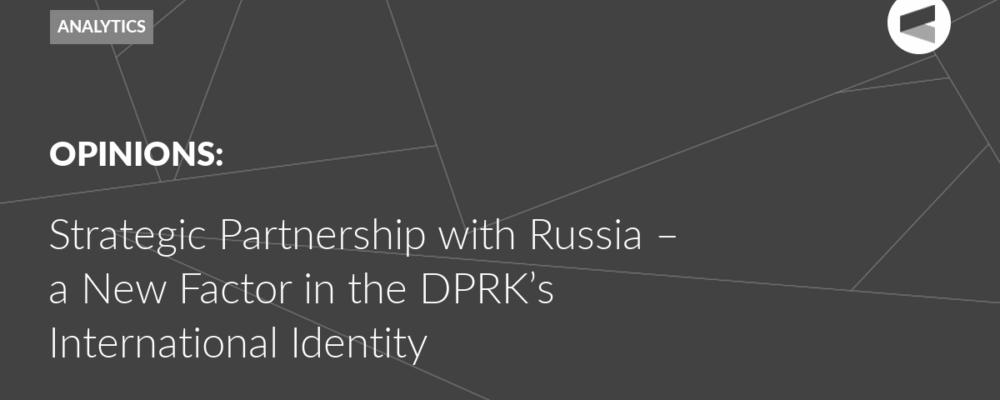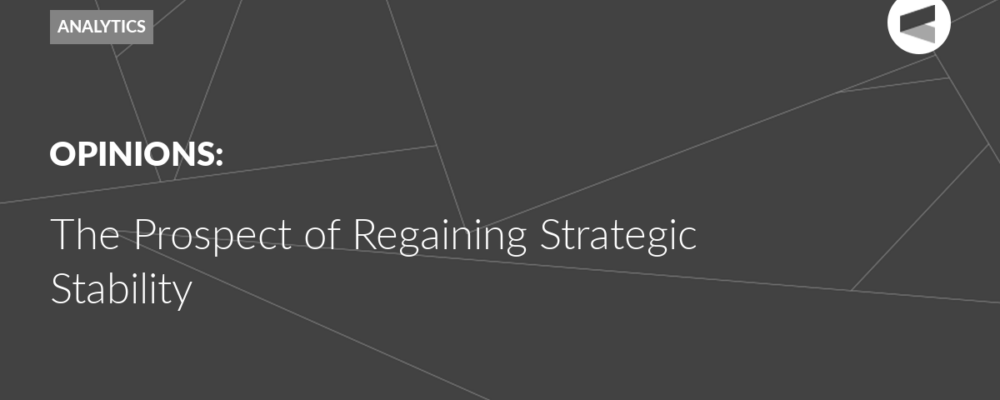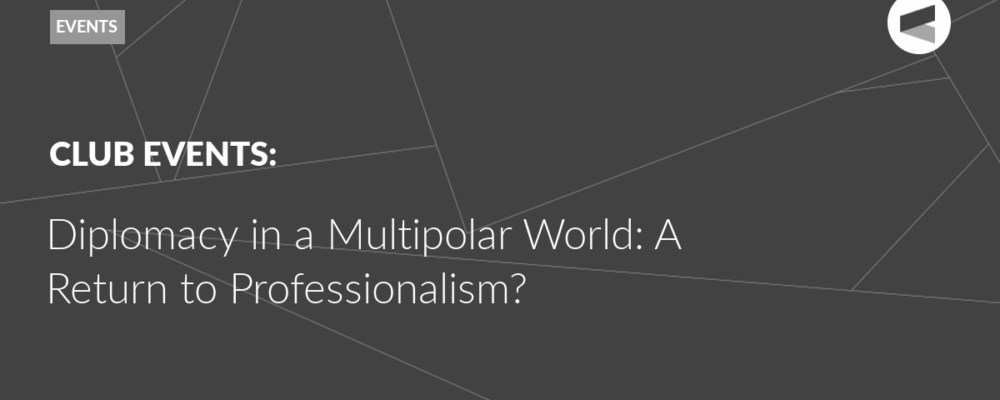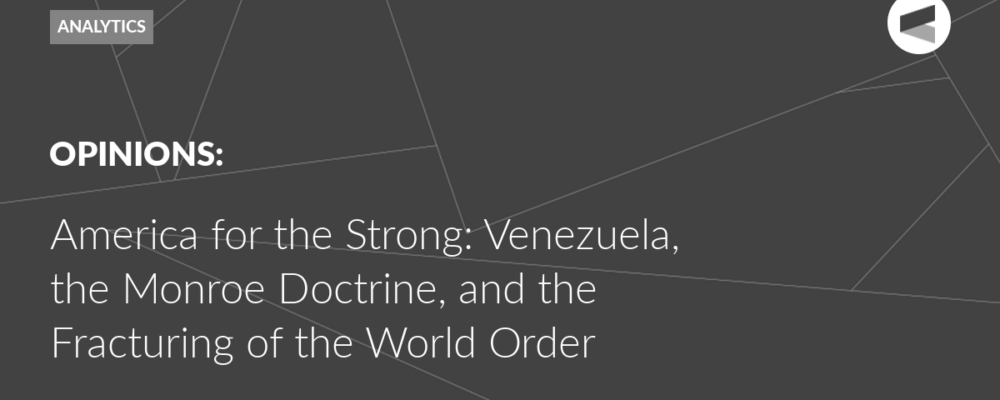How effectively does the United Nations respond to new challenges? What is the political significance of the UN Charter today? How can we overcome the politicisation of the UN’s work? Is the global majority capable of uniting to defend their shared interests? On June 26, the Valdai Club hosted an expert discussion dedicated to the place and role of the UN in the changing world order.
Oleg Barabanov, Programme Director of the Valdai Club and moderator of the discussion, recalled that on this day, 80 years ago, the UN Charter was signed. Great hopes were associated with it for the creation of a just world, but they were not fully justified: the Cold War soon began – a bloc confrontation between the communist and democratic systems. Today we are still waiting for the implementation of many ideals that were laid down in the UN Charter.
Dmitry Polyansky, Deputy Permanent Representative of the Russian Federation to the UN in New York, noted that the system of international relations that allowed the world to become what we know it as today – a system of equal sovereign states – was established 80 years ago. The basis of this world order was the UN, which arose from the ruins of the most destructive war in human history as a symbol of hope for the best and a way to prevent global catastrophes. The world is changing and international crises have not gone away, but the UN has already justified its existence, since the world has managed to avoid a major war so far.
The UN has proven that it can be an effective and useful organisation – especially for the poorest countries, and countries in special situations. It is characteristic that it is the Global South that actively advocates for preserving the UN, strengthening its central role in world affairs, with an emphasis on combating poverty and reducing inequality. To abandon all this, and not utilise the potential of the world organisation in matters of development – would be simply criminal, Polyansky emphasised. According to him, the reform of the UN and the UN Security Council is objectively overdue.
It is necessary to eliminate geopolitical imbalances in the UN Security Council, where Western countries are overrepresented, and to strengthen the representation of Asia, Africa and Latin America. However, the reform should not undermine the basic principles of the Council’s work – first of all, the veto power as a guarantee of a balance of interests.
Taha Özhan, Research Director of the Ankara Institute (Turkey), stated that we should not forget that the UN was created in a completely different world, against the backdrop of previous conflicts and contradictions. It is a product of the last century, and we live in a completely different reality. Since the UN represents the old world order, its global weight is declining. The UN is politically fragile and it can no longer work the way it did before, since it is forced to take changes into account.
Several processes are currently taking place simultaneously that affect the UN: the process of deglobalisation, the decline of liberal internationalism, the emergence of new alliances, and geopolitical depression.
How can the UN be reformed? The UN can be a custodian of the international rulebook, a platform for dialogue, a moral authority on international law, an integrator, a solution to digital and environmental issues, and a Concert of Nations 2.0.
Rasigan Maharajh, Director General, Tshwane University of Technology, Research Fellow, Tellus Institute; Member of the Council, Canon Collins Trust, Member of the Academy of Sciences, South Africa, said that for the global majority, the UN has always been a platform for struggle. Therefore, today it is important to discuss the potential of the organisation to be more effective. The UN requires us to be more engaged – it cannot continue to delegitimise itself. The global majority must push for UN reform so that the organisation works for the benefit of everyone, ensuring prosperity and reducing inequality.
Mikatekiso Kubayi, Research Fellow at the Institute for Global Dialogue at UNISA, Research Fellow at the Institute for Pan-African Thought and Dialogue, noted that the UN Charter does not currently reflect the full reality. The UN should work to achieve common goals, but today the world is in most cases not ready to act as a united front against problems whose solution would be beneficial for everyone. Although multipolarity has already emerged, the former hegemons are still strong.
Kubayi emphasised the importance of multilateralism in the UN – otherwise it is impossible to implement what the founders of the organisation implied. Equality and equal rights are enshrined in the UN Charter, but are not implemented in practice. There are countries whose voices are not heard, which means that perhaps the UN has not become a truly international organisation. We need to combine efforts to solve global challenges, so reforming the UN is necessary.
Marco Fernandes, who represents Brazil in the BRICS Civil Council, recalled that the UN Charter would not have been possible without the Allied victory in WW2, without the defeat of the Nazi troops. However, in 2024, the world experienced the largest number of conflicts in the last 70 years. The global majority must respond to the crimes of the West and the lack of respect for international law. There are high expectations from BRICS, the SCO, ASEAN, the African Union, CELAC and other regional organisations. But what measures can be taken before a war begins that no one wants and that could be the end of humanity?
According to Fernandes, there is a lever of influence on the West – raw materials, resources that the countries of the global majority have. For example, five BRICS countries – China, Brazil, Vietnam, Russia, and India – have 85 percent of the reserves of rare earth metals, and China processes 80 percent of these metals. “I think we will not be able to reform the UN if we do not find the strength to tell the West: “There will be no rice, no gas, no rare earth metals for you.” Of course, without the unity of the global majority within the BRICS and SCO, this is impossible. However, if we do not unite, then there is a chance that in a few years we will gather here again and say that Western countries are again violating the UN Charter, and the world is again on the brink of a world war,” Fernandes said.
In general, all participants in the discussion agreed on the need to preserve and reform the UN.
Perhaps they were impressed by the words of Dmitry Polyansky, Deputy Permanent Representative of the Russian Federation to the UN, who spoke first and, concluding his speech, suggested imagining what would happen if we all found ourselves in a world without the UN – without peacekeepers, without development projects, without a dialogue platform, without a set of universal and strict rules governing civilised international relations, without a key instrument that is designed to guarantee compliance with these rules. “Did you imagine it? I think everyone had a picture in their head of general chaos and complete lawlessness, behind which a new and, perhaps, the last all-destructive global conflict for our planet would be clearly visible. To prevent this from happening, we need to protect and strengthen the UN,” Polyansky said.
The Valdai Discussion Club was established in 2004. It is named after Lake Valdai, which is located close to Veliky Novgorod, where the Club’s first meeting took place.
Please visit the firm link to site


